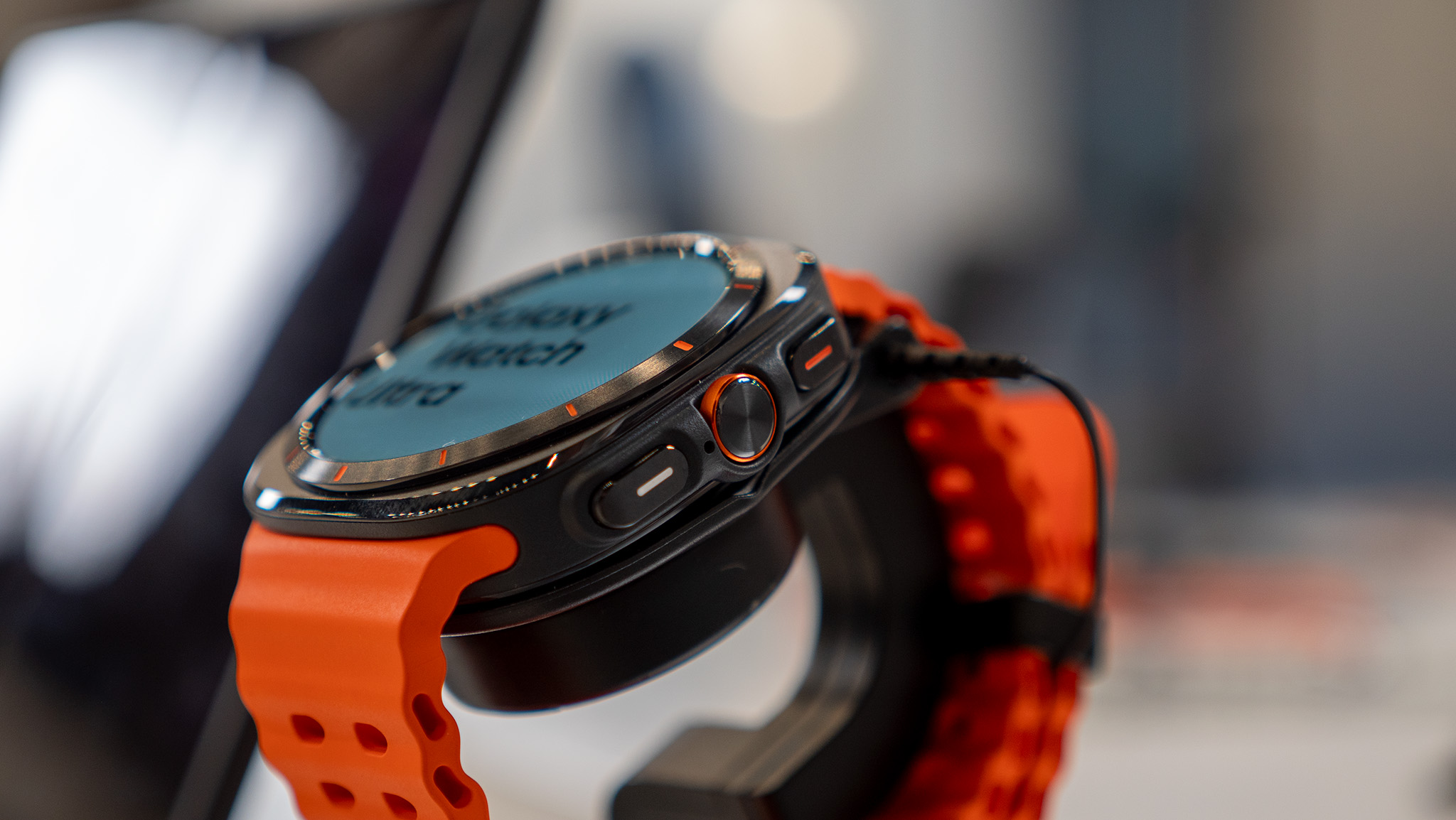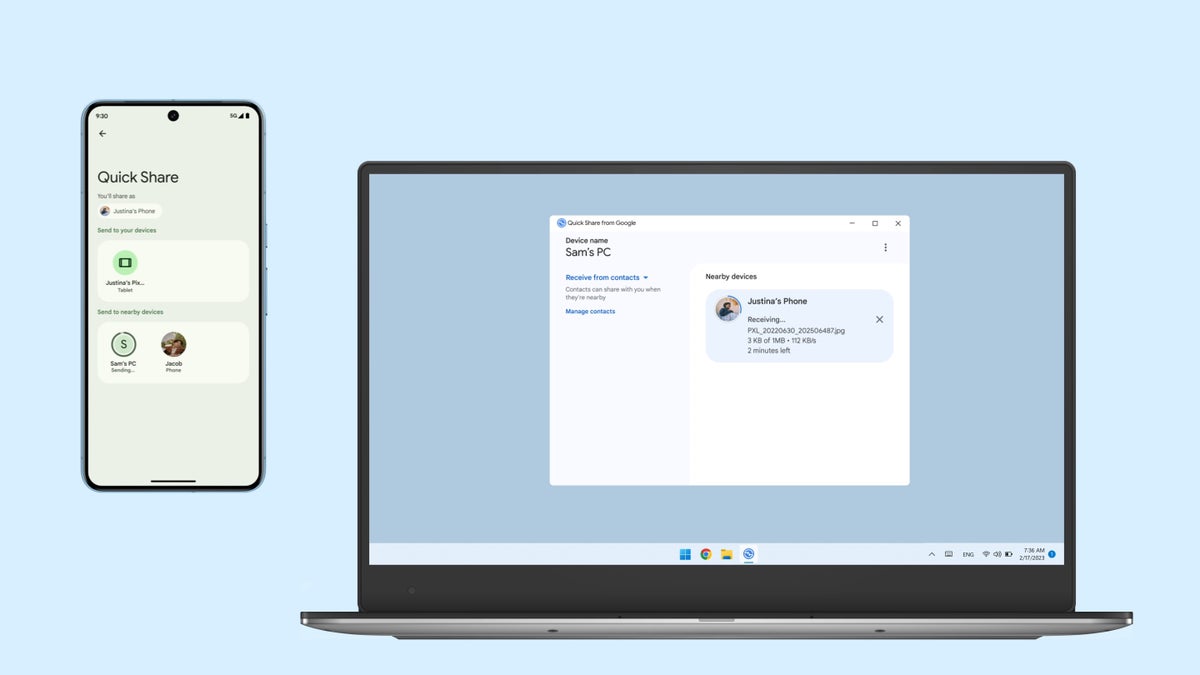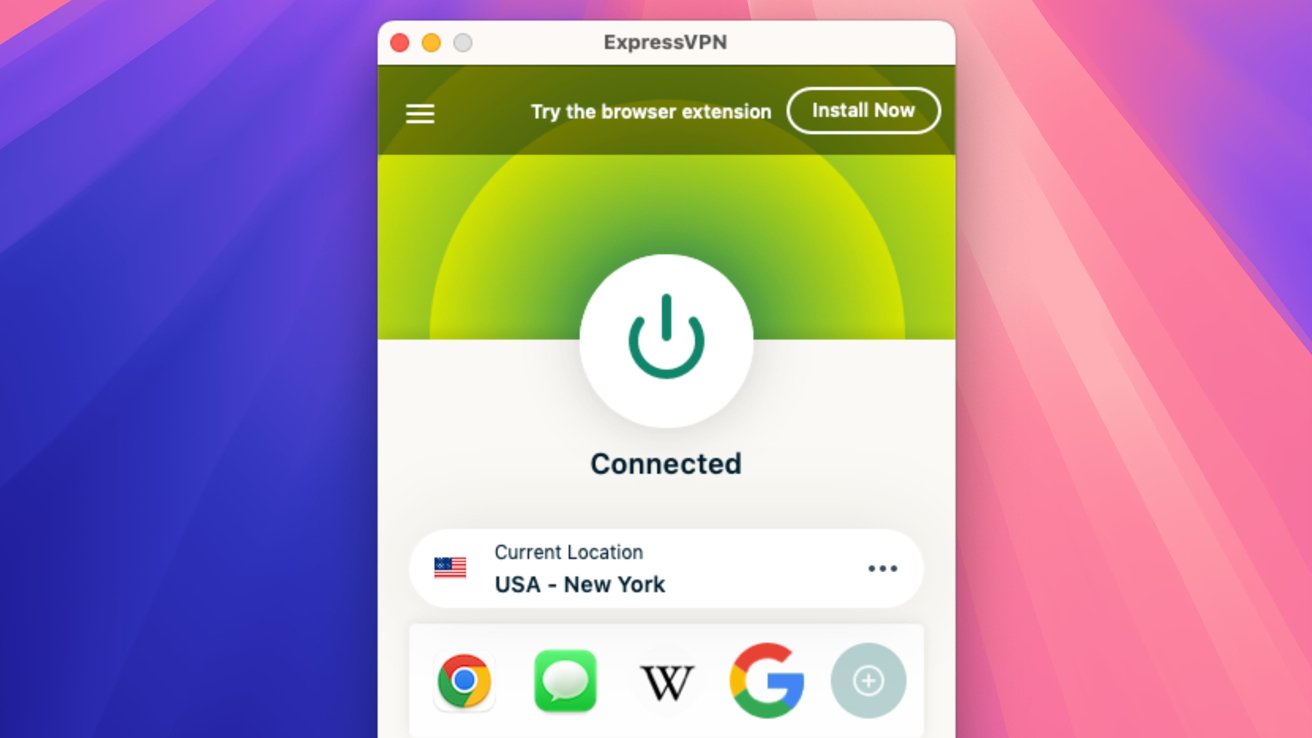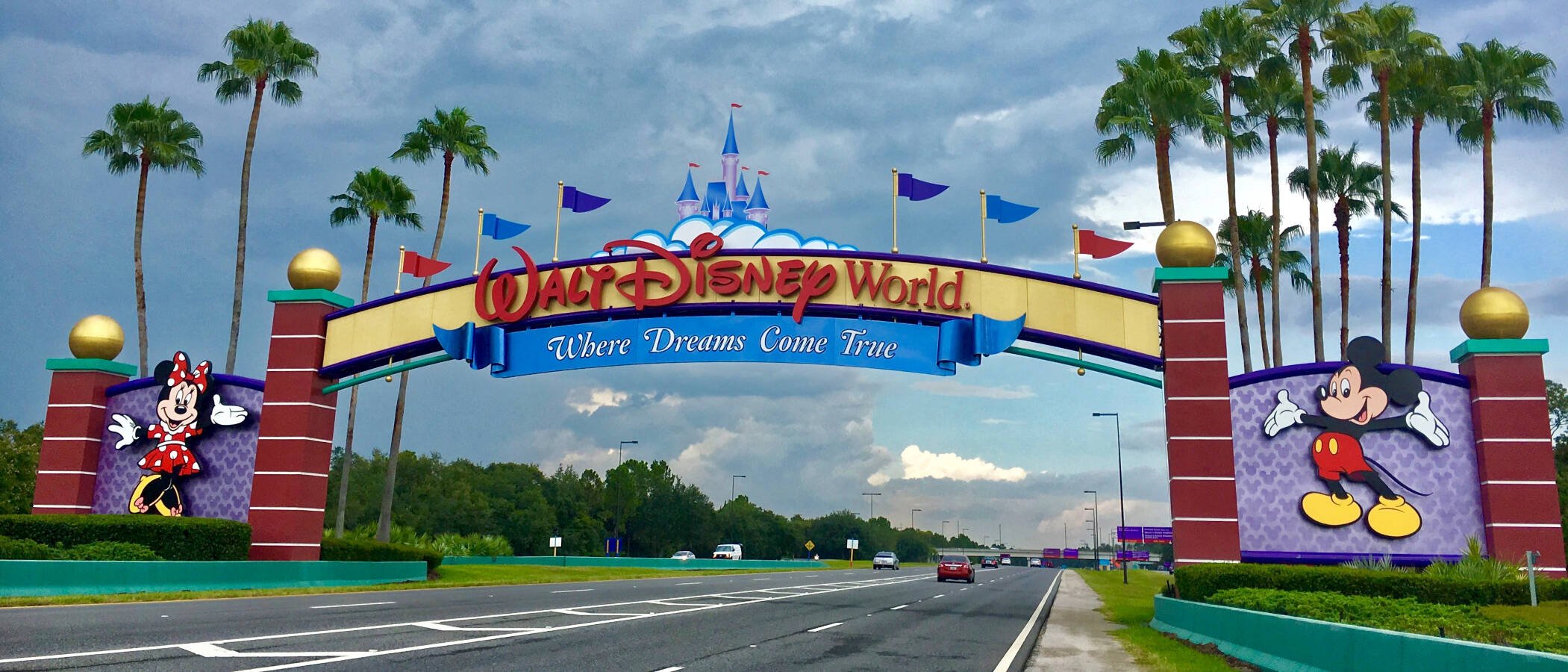Caleb Denison's New Venture Faces Legal Challenge After Departure from Digital Trends

For nearly a decade and a half, Caleb Denison has been synonymous with Digital Trends' audiovisual (A/V) coveragea prominent figure whose plain-spoken yet engaging velvet-baritone narration captivated audiences on the sites YouTube channel, which boasts an impressive 1.3 million subscribers. If viewers tuned in to watch a TV review, it was likely Denison's voice providing them with insights on the latest OLED displays, soundbars, and turntables. However, in a surprising turn of events in mid-April, Denison announced his departure from Digital Trends, expressing his desire to 'own the work I create.' In a heartfelt post, he thanked the company but emphasized his intention to steer his own ship.
Enter CalebRated
On April 21, Denison launched CalebRated, a YouTube channel envisioned as a direct continuation of his tech-centric coverage focused on televisions and related gadgets. The channel hit the ground running, releasing two videosone showcasing the top OLED models expected in 2025 and another spotlighting budget-friendly streaming equipment. Impressively, within just 72 hours, CalebRated amassed over 32,000 subscribers, making a significant mark in the tech review space.
A Surprise Copyright Strike
Unfortunately, the excitement surrounding Denison's new venture was short-lived. Just a week later, on April 27, YouTube removed the two initial videos after Digital Trends Media Group filed Digital Millennium Copyright Act (DMCA) takedown notices against him. The company claimed ownership of the content, or at least the underlying intellectual property. This unexpected action left viewers shocked, as they had just celebrated Denison's newfound independence, and perplexed industry insiders who had noted Digital Trends' earlier supportive farewell.
Digital Trends Side of the Story
An internal source quoted by eCoustics revealed that Digital Trends asserts Denison signed an intellectual property (IP) assignment and non-solicitation agreement prior to his departure. Additionally, they allege that he registered the CalebRated channel in February while still employed and that he may have approached advertisers and filmed footage using company equipment before his exit. While Digital Trends has expressed a preference for negotiating a settlement rather than pursuing litigation, their initial course of action involved the aggressive DMCA route, which effectively halted Denison's new project until the dispute is resolved.
Denisons Response
In the face of these allegations, Denison responded by stating that the claims are 'not rooted in fact.' He is maintaining a measured approach as he navigates this situation. Meanwhile, a GoFundMe campaign initiated by former Digital Trends producer Rich Shibley has begun to collect funds for Denisons legal expenses. In a community post on his now-dormant channel, Denison expressed gratitude to his supporters and hinted at 'new ways to get content to you while we sort this out.'
What the Law Actually Says
The mechanics of YouTubes DMCA process are straightforward: once a takedown notice is filed, it triggers an immediate removal of the content, giving the accused creator ten business days to submit a counter-notice. Following this, the claimant has a two-week window to escalate the matter to federal court, or else the videos will be restored. In many cases, disputes settle outside of court, as legal costs can quickly accumulate, often exceeding the benefits of gaining or retaining subscribers.
In this case, Digital Trends' strongest argument would involve demonstrating that the scripts, graphics, or even the name of the channel were conceived or produced during Denison's tenure with the company. Denison, on the other hand, is poised to argue that the content creation occurred after his departure or falls outside any 'work-for-hire' category. Although the claim regarding equipment use is less robust (as journalists often retain personal notes and recordings), it is sometimes included for negotiating leverage.
Why This Matters Beyond One Channel
This situation shines a light on the complex relationship between talent-driven media brands and their on-air personalities. While publishers appreciate the authenticity and audience loyalty that comes from having a recognizable host, they are often caught off guard when that host decides to leave. The unfolding Denison case could set a significant precedent regarding how far a media company can extend its claims over intellectual property related to personality-driven content, particularly when such content is an unscripted review rather than a theatrical production.
Where Things Stand
As it stands, CalebRated is still live but devoid of content; the channel currently shows approximately 32.5k subscribers and features a recent community post related to Roku. Denison's timeline for filing a counter-notice is drawing near, closing early next week, after which Digital Trends will have a two-week window to decide on their next steps. Both parties have indicated a preference for a settlement, although neither has publicly backed down from their respective positions.
What to Watch Next
The filing of a counter-notice would indicate Denison's readiness to take the legal fight to the next level or at least to challenge Digital Trends' stance. Alternatively, Denison might consider a rebranding, potentially renaming the channel to circumvent Digital Trends' trademark claims and facilitate a quicker resumption of content creation. Additionally, he might explore alternative platforms such as Twitch or TikTok, which do not suspend uploads during DMCA disputes, helping to keep his audience engaged and sponsors interested.
This evolving situation serves as a critical reminder for both industry veterans and emerging talent: the mobility of talent in the media landscape is undeniable, yet the intricate web of intellectual property rights requires careful navigation. Regardless of the outcome, this high-profile case will undoubtedly influence future negotiations between publishers and on-air talent.
For those eager to hear Denison's reviews and recommendations, the immediate takeaway is clear: patience will be necessary, as viewers may have to wait or seek out Denison as a guest host on other platforms until this legal matter reaches resolution. For those in the tech media space, Denison's experience with Digital Trends serves as a cautionary tale, highlighting the importance of understanding how intellectual property provisions can affect a creator's future endeavors.




























